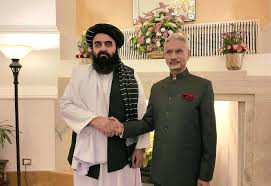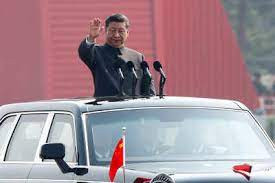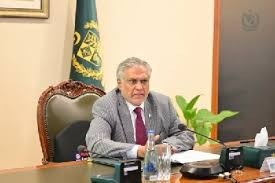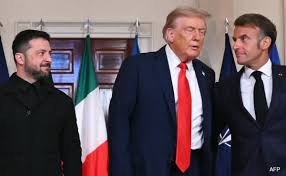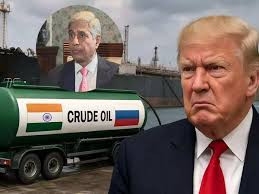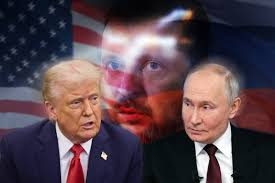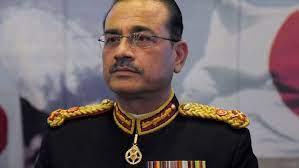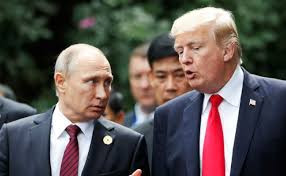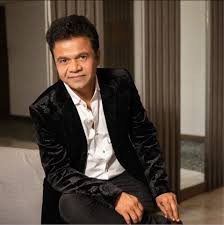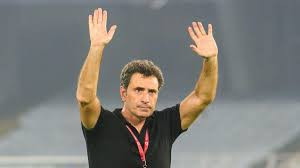Navarro Labels Ukraine Conflict “Modi’s War,” Pressuring India to Halt Russian Oil Imports to Secure Tariff Relief
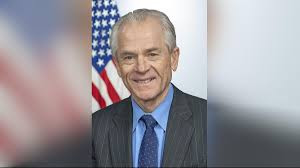
Navarro sternly warned that India could secure a 25 percent reduction in escalating U.S. tariffs if it ceases its oil imports from Russia. He framed this as a clear-cut exchange—halt the purchases, and receive immediate economic relief . “It’s real easy. India can get 25 percent off tomorrow if it stops buying Russian oil,” he emphasized, accusing New Delhi of undercutting global efforts to isolate Russia .
Navarro also criticized India’s energy policy as “arrogant,” arguing that New Delhi’s assertion of sovereign choice ignored its broader responsibilities as the “world’s largest democracy.” He urged India to “side with the democracies,” characterizing its ties with Russia and China—“authoritarians,” in his words—as inconsistent with a strategic partnership with the U.S.
This rhetoric coincided with the U.S. implementation of steep tariffs—initially a 25 percent levy, now doubled to 50 percent—targeted at Indian imports linked to continued purchases from Russia . The tariffs reflect mounting pressure from Washington on New Delhi to realign its energy strategy in response to the Ukraine crisis.
External Affairs Minister S. Jaishankar swiftly rebutted Navarro’s claims, calling the decision to penalize India “extremely unfortunate.” He emphasized that India’s energy choices are market-driven and necessary to secure fuel for a population of 1.4 billion. Pointing out the inconsistency in targeting India while other major buyers—such as China and the EU—continue sizable fuel imports from Russia without similar reproach, he questioned the fairness of the U.S. approach .
This recent episode represents the latest flashpoint in a broader diplomatic and trade crisis between the two nations. Relations have sharply deteriorated after failed bilateral trade negotiations earlier in 2025, with unresolved disputes over tariffs, agriculture, and energy undercutting trust . Analysts caution that aggressive U.S. tactics risk weakening decades of strategic convergence, particularly if India deepens its ties with Russia and China as a counterbalance .
Global commentary, including analysis from the Financial Times, questions the selective targeting by the U.S., suggesting the move may reflect stalled trade talks more than principled foreign policy. India, former analysts argue, is being unfairly blamed despite playing a stabilizing role in the global energy crisis—and compared to other importers, its purchase levels remain relatively modest .
As India navigates this complex geopolitical and economic landscape, the clash over energy policy and trade is likely to reshape not only bilateral ties but also broader regional alignments in the months ahead.
You might also like!



